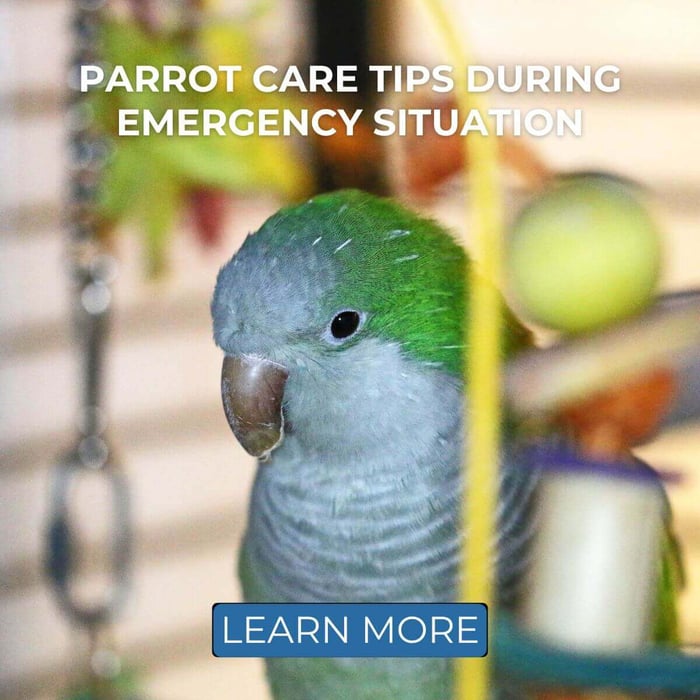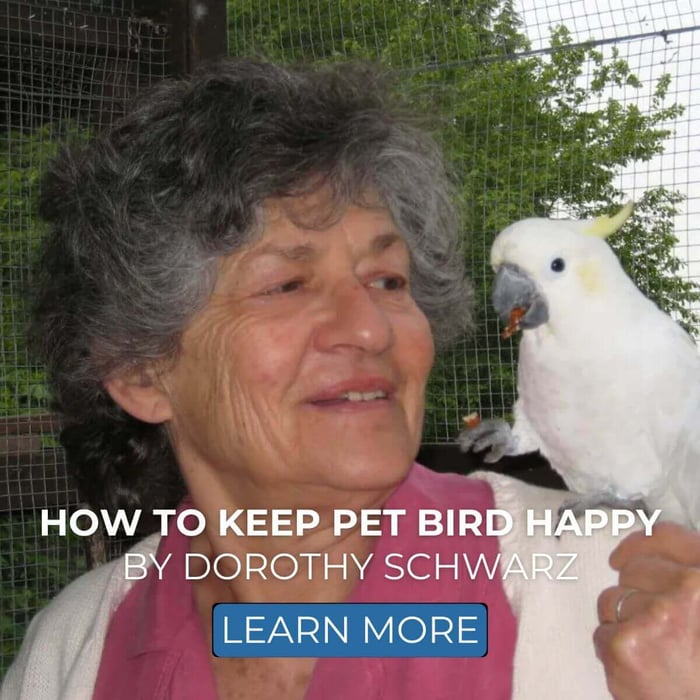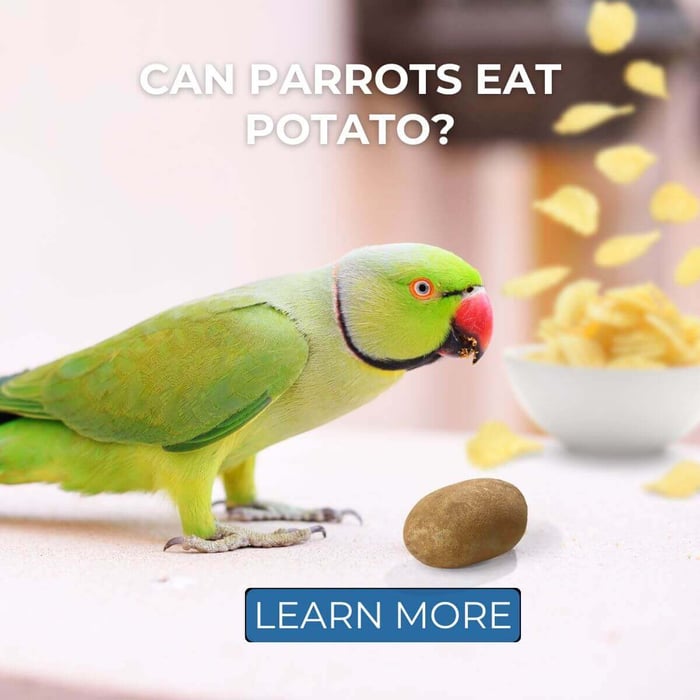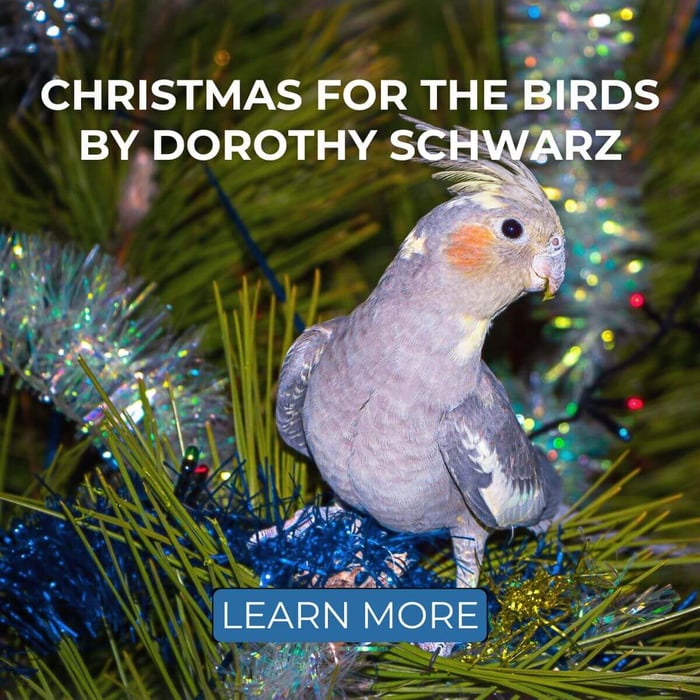Is Your Parrot Legal in Your Country or State?
When considering the joys of owning a parrot, one of the most important questions to ask is: Is your parrot legal? Understanding the legal landscape surrounding parrot ownership is essential, and this topic came to light through the heart-wrenching experience of Jim and Cindy Tome, who faced an unexpected legal challenge regarding their beloved Quaker parrot, affectionately named Baby Bird.
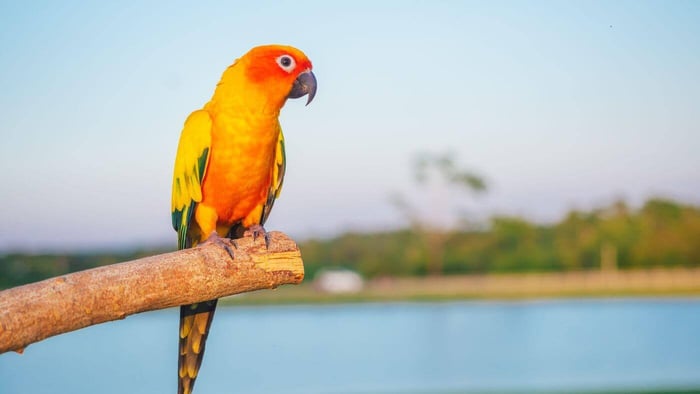
The Story of Baby Bird
In March 2011, Cindy discovered a small, injured parrot lying on the grass outside her office window. Her instinct was to help, and without hesitation, she took the bird home, placing it gently in a box for safety. Upon arriving at their home, Jim and Cindy quickly realised that the bird was injured. They decided to care for Baby Bird in a dog crate, providing water and wild bird seeds until they could determine the next steps.
After a visit to the vet, they learned that Baby Bird was, indeed, some form of parrot, but the species remained a mystery. Over the following months, with dedicated care, Baby Bird’s injuries healed, and its feathers grew back. Despite their best efforts, Jim and Cindy were left uncertain about the bird's species.
Fortunately, Baby Bird had a friendly disposition, allowing Jim and Cindy to handle him without any issues. This tameness led them to believe that he must have belonged to someone. During the bird’s recovery, the couple scoured newspapers, online classifieds, and forums in hopes of reuniting Baby Bird with his rightful owner. After several months of searching without success, they made the heartwarming decision to keep the bird they had come to love.
Bonding with Baby Bird
As time passed, Baby Bird formed a deep bond with Cindy, displaying an affectionate and protective nature toward her. Surprisingly, they discovered that Baby Bird could talk, which is not particularly common among Quaker parrots. His charming chatter and playful antics brought immense joy to their home.
It wasn’t until nearly a year after rescuing him that they finally identified Baby Bird as a Quaker parrot. Native to South America, Quaker parrots are highly regarded as pets due to their sociable nature and playful temperament. However, they also have a reputation for being somewhat troublesome; in the 1960s, they began forming feral colonies across several states in the eastern United States due to escapes and intentional releases. Florida, in particular, has an estimated population of over 100,000 Quaker parrots, leading to concerns about their impact on local agriculture.
Unfortunately, this rise in feral Quaker populations has led to significant legal restrictions. Due to their classification as agricultural pests, Quaker parrots are banned as pets in ten states across the U.S. Jim and Cindy, unaware of this legal classification, continued to care for Baby Bird despite the risks.
However, their world turned upside down one fateful evening in March 2016 when wildlife enforcement officers arrived at their home. They had received a report about the illegal ownership of Baby Bird and confiscated him. The couple was devastated, having grown attached to their feathered friend. Cindy took a day off work, overwhelmed with sadness, while Jim felt a mix of anger and helplessness.
Currently, Baby Bird resides at a wildlife sanctuary in Snyder County, Pennsylvania, where Quaker parrots are legal. The Tome family is now contemplating selling their home and relocating to Maryland, where they could legally own Baby Bird again. This situation highlights the necessity of understanding the question: Is your parrot legal? Before deciding to rescue, adopt, or purchase a parrot, it’s crucial to ensure that you can legally keep it in captivity in your area.
Understanding Parrot Legality
Before adopting or purchasing a parrot, it’s essential to conduct thorough research on the legal status of the species in your area. Here are some critical points to consider when pondering, Is your parrot legal?
- State and Local Laws: Regulations regarding pet ownership can vary widely, not just from country to country but also from state to state and even within local jurisdictions. Some species may be banned outright, while others might require special permits or licenses for legal ownership.
- Invasive Species Regulations: Certain parrot species, like the Quaker parrot, are classified as invasive in some regions. This classification is often based on their potential to disrupt local ecosystems and agriculture, leading to restrictions on ownership. Always check your local laws to answer, Is your parrot legal?
- Wildlife Protection Laws: Many countries, including the UK, have wildlife protection laws that prevent individuals from owning specific species that are considered threatened or endangered. It’s crucial to verify local wildlife regulations to ensure compliance and avoid inadvertently contributing to wildlife exploitation.
- Breeding and Sale Regulations: If you’re interested in breeding parrots, be aware of the specific laws surrounding breeding and the sale of birds. Many areas require permits or have regulations to prevent overbreeding and ensure animal welfare.
- Import and Export Laws: If you’re considering importing a parrot from another country, familiarise yourself with the relevant laws and regulations governing such activities. Some countries have strict guidelines on which species can be imported or exported, often aimed at preventing the illegal wildlife trade.
The Importance of Legal Ownership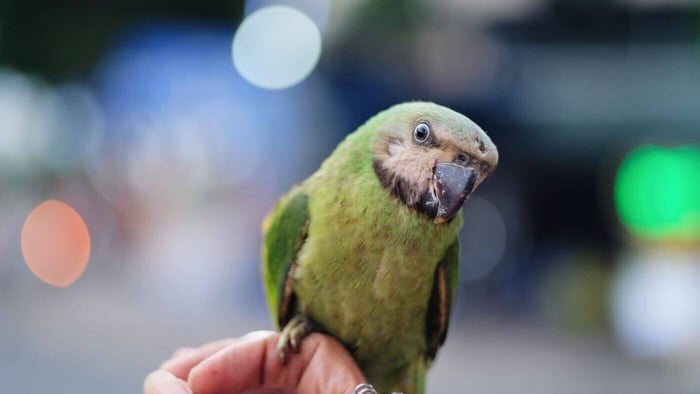
Understanding the legality of owning a parrot is not just about compliance; it’s about ensuring the well-being of the bird and the community. Legal ownership often includes considerations of responsible breeding, the prevention of illegal wildlife trade, and the protection of local ecosystems. Furthermore, knowing the laws can help avoid heartbreaking situations like that of Jim and Cindy, who lost Baby Bird due to a lack of awareness about local regulations.
Owning a pet, particularly a parrot, is a long-term commitment that requires understanding not just the needs of the bird but also the legal frameworks that govern pet ownership. Compliance with these laws is essential to ensure a safe and harmonious environment for both the owner and the pet.
Researching Before You Adopt
If you’re considering welcoming a parrot into your home, follow these essential steps to ensure you’re prepared for responsible ownership and can confidently answer the question, Is your parrot legal?
- Research Species-Specific Laws: Investigate the specific laws regarding the species you wish to adopt. Local wildlife agency websites can provide accurate and up-to-date information on the legality of keeping certain birds as pets.
- Consult with Local Experts: Reach out to avian veterinarians, local bird clubs, or reputable pet shops to gain insights into the legalities and responsibilities associated with parrot ownership in your area. They can help you understand the unique needs of different parrot species.
- Consider the Long-Term Commitment: Owning a parrot is a long-term commitment that often spans several decades. Ensure you are ready to provide a loving and legal environment for your new feathered friend, taking into account factors like housing, diet, and socialisation needs.
- Adoption Resources: If you choose to adopt rather than purchase, look for reputable rescue organisations that can provide guidance on legal ownership and help you find a parrot that suits your lifestyle and living situation.
- Stay Informed: Laws and regulations surrounding pet ownership can change over time, so it's essential to stay informed about any updates in your area. Subscribing to newsletters from avian advocacy organisations or local wildlife agencies can be helpful.
Conclusion
Owning a parrot can be a rewarding experience filled with companionship and joy. However, it’s crucial to be well-informed about the legal implications of parrot ownership in your country or state. The story of Jim and Cindy serves as a powerful reminder of the importance of understanding the question: Is your parrot legal? Before making a commitment to parrot ownership.
By conducting thorough research and ensuring compliance with local regulations, you can create a safe and loving home for your parrot while contributing to wildlife conservation efforts. So, before you take the plunge and bring a parrot into your life, take a moment to reflect: Is your parrot legal? Understanding the legal landscape can help you avoid unnecessary heartache and ensure that your feathered friend has a happy, secure, and legally compliant home.
Source: eu.ydr.com

